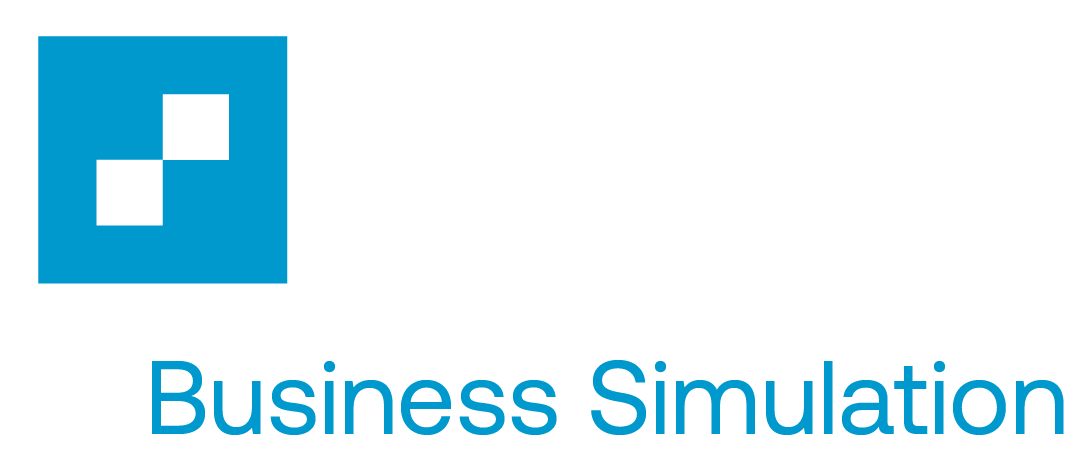
Solutions For Higher Education
Our Services/Solutions For Higher Education

Universities Internationalization
The increasing focus on internationalization in higher education institutions worldwide is driven by its significance in sustaining higher education at a national level and its contribution to a nation's development, its people and its competitiveness in the global market. Internationalization plays a crucial role in economic well-being, facilitated by the liberalization of international trade, as outlined in the General Agreement on Trade in Services (GATS). This has resulted in the presence of foreign universities or their branches operating in host countries, the expansion of cross-border or online course offerings through technological advancements and the growth of knowledge societies that prioritize the dissemination of knowledge to enhance human well-being.
Rating and Ranking
We have a track record of helping universities towards their rating and ranking journey. We work closely with QS to ensure our clients receive the utmost value. The QS World University Rankings compare universities to one another and puts them in order. Based on how the institutions perform across six indicators, QS produces rankings designed to assess universities in four areas: Research, Teaching Employability, and Internationalization. Rankings often include only the top 100 or top 1000 universities across the globe, meaning that smaller or newer universities have a difficult time competing with Harvard and Oxford. Who's good at what? A rating assesses universities and colleges on how they perform in several areas, similar to the areas considered in rankings. But rather than comparing institutions against one another, they are judged on how they perform against a set standard.
Student and Faculty Mobility
We adopt the Erasmus+ approach, where this higher education mobility is meant to support physical and blended mobility of higher education students in any study field and cycle (short cycle, Bachelor, Master and Doctoral levels). Students can either study abroad at a partner higher education institution or carry out a traineeship in an enterprise, a research institute, a laboratory, an organization or any other relevant workplace abroad. Students can also combine a study period abroad with a traineeship, further enhancing the learning outcomes and development of transversal skills. While long-term physical mobility is strongly encouraged, our approach recognizes the need to offer more flexible physical mobility duration to ensure the program is accessible to students from all backgrounds, circumstances and study fields. We also support higher education teaching and administrative staff to participate in professional development activities abroad and staff from the world of work to teach and train students or staff at higher education institutions. These activities may consist of teaching and training periods (such as job shadowing, observation periods, and training courses).
Faculty Members Recruitment
The past year has been difficult for department heads and prospective faculty alike, between ongoing delays, hiring freezes, budget cuts and the struggle to determine whether applicants are qualified without the benefit of extensive on-campus evaluations. Even so, the struggles and crises brought on by the pandemic also provided eye-opening lessons. Issues that had been chronically overlooked became impossible to ignore, and practices that once went unquestioned were met with new options and perspectives. (ASBMB Today) we have a wide reach of top qualified and diversified faculty members, our recruitment specialists are very particular about the qualities of the faculty we recruit on behalf of our clients. We do not only recruit but also provide a proper cultural orientation that leverage the adaptation and engagement of our faculty into the new community.
The Digitization of Higher Education
Technology's value to organizations and individuals increasingly extends beyond productivity to enhance learning, collaboration, and decision-making. Higher Education Institutions thus find it increasingly necessary to develop and apply digital capabilities to survive, let alone thrive. About one in three colleges and universities is a self-described early adopter of technology, one in four is a late adopter, and the rest (39 per cent) are mainstream adopters. Early adopters are rushing to incorporate trends like the Internet of Things, personalized learning, and agility into their IT strategy. They are also deploying new technologies more rapidly, putting more effort into over half of the approximately 80 emerging technologies. Mainstream adopters, in turn, devote more effort than those identifying as late adopters. Extrapolating based on their stated plans, the early adopters will move further ahead of the pack, and the late adopters will struggle further behind.
Summer Schools
There are so many benefits to attending a summer school! From social, cultural, and academic benefits, to life experience and confidence the benefits of attending a good summer program are difficult to list in just one article, but we're going to try. Summer Schools and Summer Programs have been around for a long time. However, over the past few years, there has been a move towards more university summer schools for high school students, and the UK has quickly followed suit. The benefits of attending a high-quality summer program in the UK and especially in Scotland are realized by parents, teachers, schools, and young people worldwide. One of the best things about Scotland is its diversity. The rolling countryside, bustling cities, icy mountain peaks and charming villages all combine to provide an excellent destination for your cottage holiday in the UK, whether you're looking for an action-packed break, a cultural adventure or a relaxing retreat.







